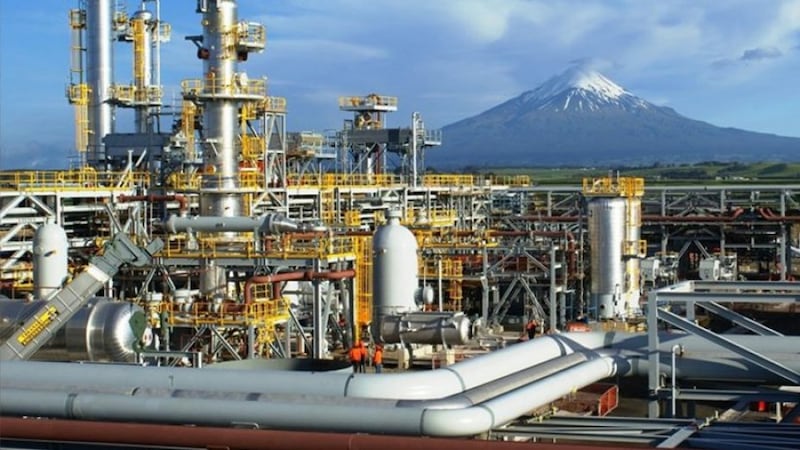Natural gas reserves in Aotearoa are rapidly depleting, with an MBIE report released last week showing reserves have dropped below 10 years of remaining stocks for the first time.
A ban on new oil and gas explorations was imposed in 2018 but ACT's energy and climate change spokesperson Simon Court says the ban needs to be repealed. "New Zealand is dependent on natural gas," he says. "If we are to have a cleaner future, we do need to repeal the ban on natural gas and get that energy out of the ground." But Te Pāti Māori co-leader Debbie Ngarewa-Packer says the ACT proposal is a problem in itself.
“What we are talking about is a proposition to hold things and to go backwards, and we just can’t,” she says. “We just can’t.”
Emeritus Massey University Professor Ralph Sims agrees that looking for more fossil fuel isn't the solution.
"We know we have to leave a large proportion of fossil fuels under the ground, if we are not going to exceed the 2-degree rise in temperature target," he says.
Aotearoa needs clean natural gas as a transition fuel, though, Court says. “The alternative to mining our own energy resources is importing more coal from Indonesia,” he says.
‘The old and trusty Huntly power station typically runs on around 85 per cent coal and only 15 per cent gas but it can run on 100 per cent gas,’ Court says.
Switching to gas would be a simple and effective way to reduce emissions and reliance on imported coal.”
But Sims says it's not necessarily a choice between gas or coal. "We have got the opportunity to develop more renewable electricity generation, whether that be wind or solar or geothermal," he says. "The other alternative for natural gas which is used widely in northern Europe is bio energy - using the slash, the woody residue, which at the moment is just left on the forest floor."
Emeritus Massey University Professor Ralph Sims believes bio-fuel could be a viable solution to replace fossil fuel.
ACT believes natural gas is also important to the New Zealand economy. According to Court, “natural gas actually supports manufacturing, high-paid jobs and regions like Taranaki, Central North Island and those centres around New Zealand where we produce things.”
But Ngarewa-Packer, who is from Taranaki, does not want to see any more fossil fuel being explored or mined. "I don't know a single tangata whenua who would want to see what we have seen going on in Taranaki," she says. "We need to be focusing more on targeting the 350,000 homes that are reliant on gas. We need to talk about what the sustainable options are."
'Hasn't taken us forward fast enough'
If there is one thing both sides agree on, it is that the government has been slow in searching for sustainable alternatives in recent years.
"We need to have provided a solution, we needed to have a targeted solution, whether it be investing in solar, or wind. Whatever it was, we should have been there now," Ngārewa-Packer says
"New Zealand has a huge energy demand ahead of us," and the government has not kept up to pace, Court says. He says Aotearoa needs to be building the equivalent of one 500MW dam every year between now and 2050, going by current projections.
In a written statement to Te Āo Māori News, Dominic Kebbell, Business Ministry resources manager, gas and fuel supply policy said that while (last year's) fossil gas reserves had dropped below the previous year's, sod ha fossil gas demand. MBIE expected demand would continue to decline as more renewable energy became available.
Kebbell also said MBIE’s Gas Transition Plan, which was under development, would outline how and when gas would be phased out in New Zealand. MBIE expected to invite Kiwis to have a say on the pace and direction of the gas transition shortly.

